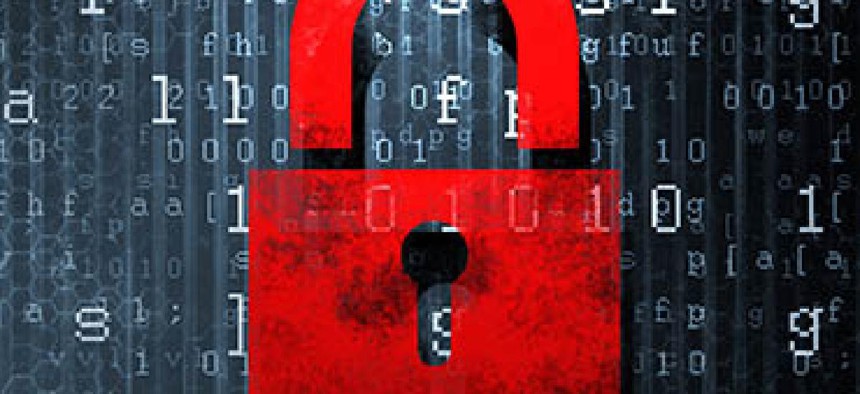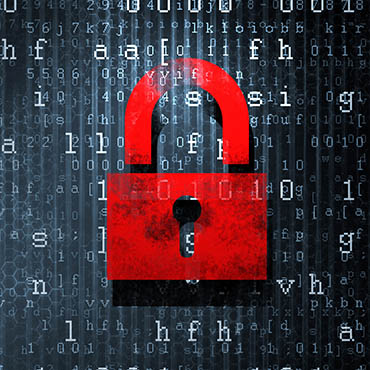Paris attacks revive 'going dark' concerns

The terrorist attacks in Paris have rekindled a debate in the United States about law enforcement access to end-to-end encryption on mobile devices.

The horrific terrorist attacks in Paris last week have revived a debate in the United States about law enforcement access to end-to-end encryption on mobile devices.
FBI Director James Comey and other officials have long warned of the so-called "going dark" phenomenon, in which security agencies' lawful interception of communications is thwarted by the end-to-end encryption of, say, Apple iOS or Google Android devices. Some current and former intelligence officials sounded the alarm again after a Nov. 13 rampage through Paris by Islamic State-backed militants left at least 129 dead.
"There are a lot of technological capabilities that are available right now that make it exceptionally difficult, both technically as well as legally, for intelligence and security services to have the insight they need to uncover it," CIA Director John Brennan said Nov. 16 at the Center for Strategic and International Studies.
"I do think this is a time for particularly Europe, as well as here in the United States, for us to take a look and see whether or not there have been some inadvertent or intentional gaps that have been created in the ability of intelligence and security services to protect the people that they are asked to serve," Brennan added.
The Obama administration appears to have settled on a course of not asking commercial providers to provide special law enforcement access to encrypted communications via third-party keys or backdoors.
U.S. Attorney General Loretta Lynch acknowledged the problem in testimony before the House Judiciary Committee on Nov. 17, but she did not use Comey's dire "going dark" language. She characterized the problem as "challenging," but did not suggest that it was incumbent on the administration or Congress to create a legal remedy for the encryption issue, as Comey and others have done in the past.
"Certainly, when individuals choose to move from open means of communication to those that are encrypted, it can cause a disruption in our ability to use lawful legal process to intercept those communications, and it does give us concern about being able to gather the evidence that we need to continue in our ongoing mission for the protection of the American people," Lynch said.
The encryption issue is surfacing in terrorism investigations in the U.S., Lynch indicated. She noted that in the U.S., law enforcement has observed a pattern of individuals being recruited "to commit acts of violence, acts of terrorism, and then those individuals dropping from one type of communication to an encrypted method of communication, and we no longer have visibility into those discussions."
When tracking users of encrypted communications, Lynch said, "we rely on other means of surveillance, other means of gathering intelligence about those individuals and their associates, but it does cause us the loss of a very valuable source of information."
Michael Morell, a former deputy director of the CIA, said Nov. 15 on "Face the Nation" that hitherto, the debate over encryption has been "defined by Edward Snowden ... and the concern about privacy," but that it henceforth will "be defined by what happened in Paris."
It's not clear whether the events in Paris have rekindled interest in legislation on commercial encryption. Members of both parties have been skeptical of moves that could weaken commercial encryption by providing special access to law enforcement, or even just an extra set of keys to the providers themselves.
"Strong encryption is important," Rep. Will Hurd (R-Texas), chairman of the IT Subcommittee of the House Oversight and Government Reform Committee, said at a Washington tech event on Nov. 17. "We need the strongest level. We can’t make it less resilient."
"We have to talk with law enforcement, but also have to protect the digital environment, as well as civil liberties," he added. "It’s a difficult conversation. It should be a collaborative effort among industry and law enforcement to come up with an innovative solutions. Instead of a key to the backdoor."
He acknowledged that strong encryption makes it "harder for law enforcement," but the congressman, who is also a former CIA officer, noted that from an investigative point of view, "knowing something is encrypted contains its own set of data… you know other things about the message from that data."
Little information has emerged on the communications methods of the Paris attackers. A U.S. official told Reuters that there is no evidence yet showing the terrorists used a particular communication method, or whether their communications were encrypted in a particular way. However, a CNN report claimed that, given the dearth of information about the attackers' communications to turn up thus far, "U.S. investigators are increasingly convinced the attackers used encrypted communications to evade French intelligence."


